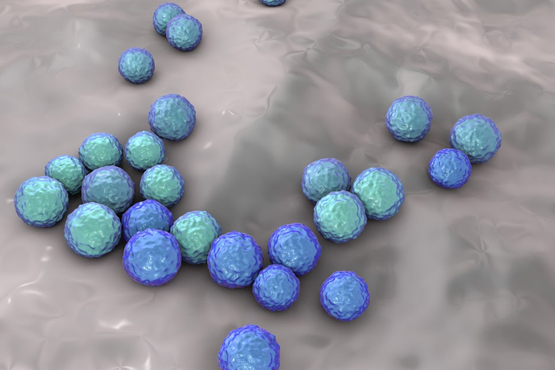Enterococci Species are lactic acid bacteria (LAB) comprising both pathogenic and commensal microorganisms ubiquitous in environment even as gut symbionts.
Enterococci are characteristically tolerant to extreme pHs, temperatures, and high salt concentration.
Strains belonging to the genus Enterococcus produce a wide variety of bacteriocins often called enterocins.
Enterocins display a board spectrum of activity, they inhibit not only closely related species but also Gram-positive pathogens in particular, the genus Listeria.
These features are useful in food applications against spoilage and pathogenic organism contamination.
Enterococcus also includes a wide range of strains suitable as starter cultures where they play a positive role in the development of the typical organoleptic characteristics of various fermented foods, including meat, dairy and vegetable products.
HEALTH BENEFITS
- used in treatment and/or prevention of certain human diseases such as alleviation of irritable bowel syndrome symptoms and antibiotic-induced diarrhoea and prevention of different functional and chronic intestinal diseases
- Enterococci exhibit anticarcinogenic, hypocholesterolemic, as well as immune regulation effects.
- significant anti-inflammatory effects
- Helps improve digestion
- Improves immunity
- Repopulates gut with beneficial microbes
- Helps reduce urinary tract infections
SPECIFICATION
| Appearance: |
White to off white color powder |
| Loss on Drying: |
NMT 5.0% |
| ASSAY: |
10 Million CFU, 10 Billion CFU, 100 Billion CFU, 300 Billion CFU |
| Enterococcus faecalis |
Enterococcus faecium |
Enterococcus durans |









